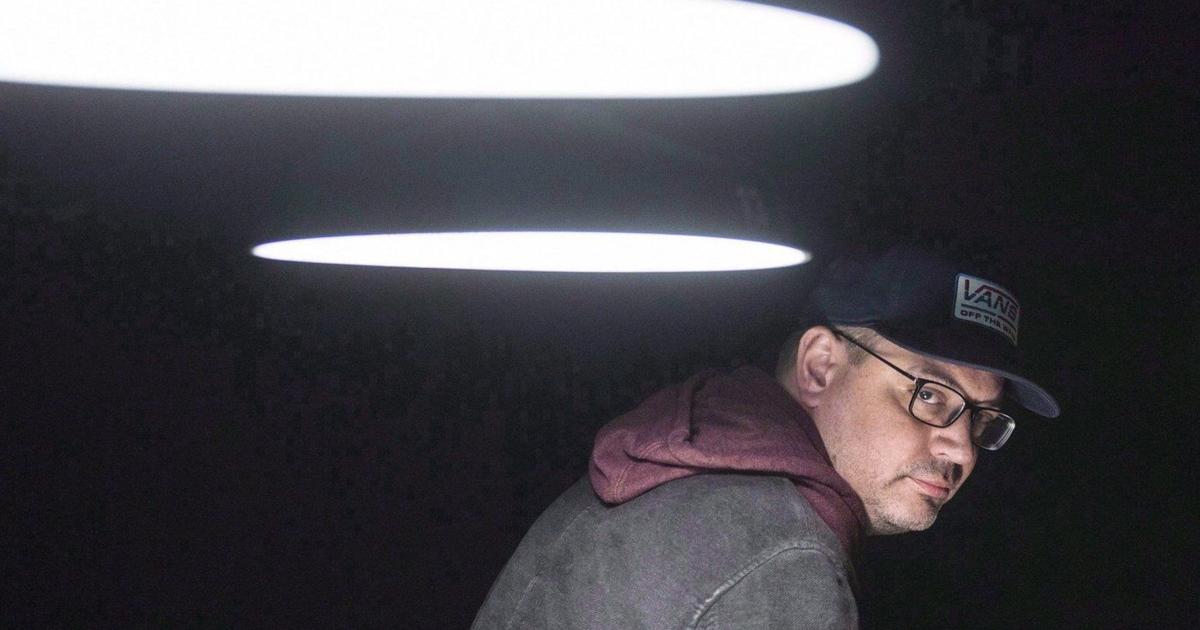Editor’s note: This is the first of series of regular columns by Jonah Sigel that will take a closer look at the intersection of sports, media and business.
After investing heavily in more NHL hockey and Vladimir Guerrero Jr.’s contract, Rogers opened its proverbial hands to its most important customers: cord-cutters and cord-nevers.
On Thursday, fans received an email telling them that the cost of their Sportsnet+ Premium subscription would jump from $249.99 to $324.99 per year. That’s a 30 per cent increase, landing right before the NHL season starts and the Blue Jays (maybe) make a playoff push. No explanation. No apology. No added features. Just a new number and a line that said, essentially, take it or leave it.
It didn’t end there. The Standard annual subscription is going up 25 per cent, from $199.99 to $249.99. The monthly plan? From $24.99 to $29.99. Premium monthly subscribers are also getting hit, now paying $42.99 instead of $34.99.
Not surprisingly, fans weren’t impressed. Social media blew up. Reddit threads were full of people posting screenshots of error messages as they tried to cancel. Some couldn’t even get into the subscription management section of the app. Others just vented. It wasn’t just about the price — it was about what they were getting in return, which to many has felt like very little.
The price increase is bad enough, but the one thing we all demand is quality when getting gouged. The one recurring complaint? Streaming quality. While Sportsnet+ is available in 1080p, the fidelity is dependent on the user’s actual device and many expressed frustration that they only receive Sportsnet+ in 720p. Compare that to the sharp and smooth Apple TV MLB broadcasts, and you quickly understand why some fans feel like they’re paying for a second-rate product at a premium price.
So why now?
Well, Rogers just finalized a $4.7 billion deal to become the majority owner of Maple Leaf Sports and Entertainment. It already owned the Blue Jays. Now it controls the Leafs, Raptors, Argos, and Toronto FC too. Add that to its national NHL rights deal — which will double in value to $11 billion starting in 2026 — and you get the full picture. Rogers owns just about everything in Canadian pro sports. And it’s acting like it.
This price hike looks and feels like a company testing the limits of its control. It’s not just about offsetting the cost of that NHL deal. It’s about seeing how far they can push fans without real consequences. But they might be overplaying their hand.
Author Michael Lewis in his incredible new podcast series “Against the Rules with Michael Lewis” correctly explains that it’s the fans who end up facing the brunt of rising player salaries. “… Through ticket sales, through cable bills, through less tangible ways like taxes and viewership. (There’s) a word for people who pay more and more for the same product. And who will continue to pay more and more, no matter how badly it makes them feel. Addict.”
Well, this isn’t 2008. Fans today are more price-conscious and more informed than ever. They also have more options. Between TSN, Amazon, YouTube, and yes, even the dark corners of the internet, there are ways to get your fix without being taken.
TSN, by comparison, charges $199.99 a year for its standard plan. For $80 more, you can get TSN+, which includes bonus coverage like tennis, soccer, and other niche sports. It’s not perfect, but at least the pricing makes some sense.
If Sportsnet+ wants to charge more, it needs to offer more. Higher resolution. A more reliable app. Better customer service. Clear communication. Even something as basic as a public-facing explanation would help. Instead, fans got a bland email and a ticking clock until their next billing cycle.
And let’s be honest, streaming sports in Canada is already confusing. Games are split across networks, platforms, and blackout zones. Add inconsistent quality and rising prices, and it’s no wonder fans are frustrated.
The Press Meal
• Amazon is quietly laying the groundwork for a bigger role in Canadian hockey. Their Monday night concept is gaining traction, and their current deal with Rogers expires after this season
• Don Cherry aired what many believed to be his final podcast, which he later denied, but no matter what you think of Grapes he changed the way we consumed hockey content for decades. Like Howard Stern, love him or hate him, you cannot deny his influence on the game and how we watched it.
• TSN’s CFL deal is racing to completion after 2026. Brilliant move by the league to hire TSN executive Stewart Johnson as their next commissioner. Will his old bosses stroke another cheque to own coverage moving forward?
• YouTube and social media are not just a place for highlights anymore. Keep an eye on how younger viewers are engaging with live sports through creators — Steve Dangle comes to mind — and alternative broadcasts. That’s the future everyone keeps talking about — it’s just arriving in a different package than the traditional networks expected.
• I have been making the rounds on sports radio across the country over the last couple of weeks. Despite all the talk around the industry, sports radio is NOT dead. Sports audio consumption is alive and well, and outlets have amazing people creating consumable content every day. You have more at your fingertips every day.
Jonah Sigel is a longtime sports media and business writer and host of the ’Bleav in the Pressrow’ podcast. He is a freelance contributor to the Star’s Sports section. Follow him on Twitter: @yyzsportsmedia



